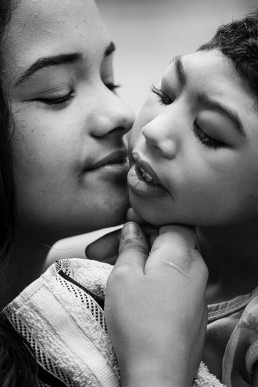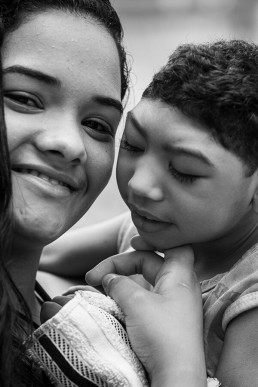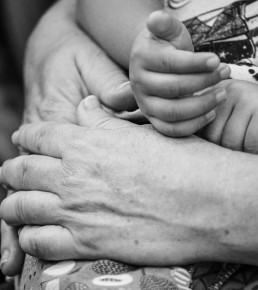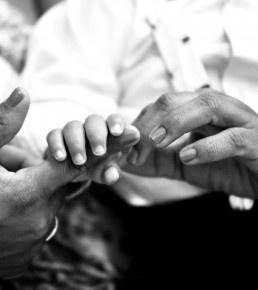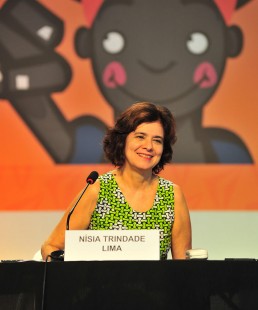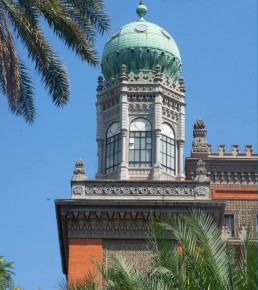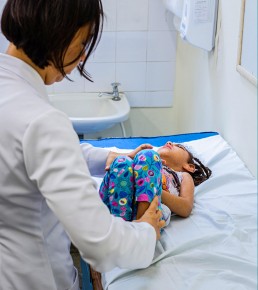
Fiocruz presentsthe exhibition “Zika: affecting lives”on its 120th anniversary.
The exhibition results from research and dialogue among researchers, health professionals, managers, and families. It stimulates involvement with the problems caused by the epidemic and encourage reflections regarding the lives of those affected by the Congenital Syndrome, which must not be made invisible or forgotten.
The exhibition discloses how the responses to the Zika virus, and its implications were developed. It highlights the crucial role the Brazilian science, families and the Unified Health System (SUS, for its acronym in Portuguese) had in knowledge construction, healthcare, surveillance. The Brazilian experience resulted in international recognition of our ability to face new health emergencies and global challenges.
This story has not come to an end so far and is marked by uncertainty, togetherness and collective action. We invite you to learn more about it.
To affect, be affected, build affection… Relationships built in life… And in meetings which can enhance the capacity to act…
This is what happened to caregivers, managers, families and researchers affected by Zika. If today we understand more about its unexpected side, the Congenital Syndrome… If we have increased our capacity to act… It is because our lives have met andaffected each other. It is necessary that we continue to affect, to be affected and, above all, to build affections...
Message of the President of Fiocruz
Nísia Trindade Lima
By responding to the Zika epidemic and the Congenital Syndrome through research, innovation, production, teaching, health care and information along with the population, Fiocruz, in its 120th anniversary, reaffirms its commitment to science and public health.
The structure and capillarity of the Unified Health Systems (SUS), which integrate these actions, enabled us to detect such a serious health problem and to design programs to increase knowledge of the disease and strategies to protect society.
This exhibition presents important knowledge production outcomes from different realms, including social movements.
It was conceived by a network of social science researchers and has as central reference the lives of people, especially the ones of affected women and children. Affecting lives, which affect us and incite us to rethink the relationship between scientific knowledge, public policies and society.
Fiocruz Imagens – Photo: Rodrigo Méxas
Photo: Joelson Conceição Souza

Photo: Maju Monteiro
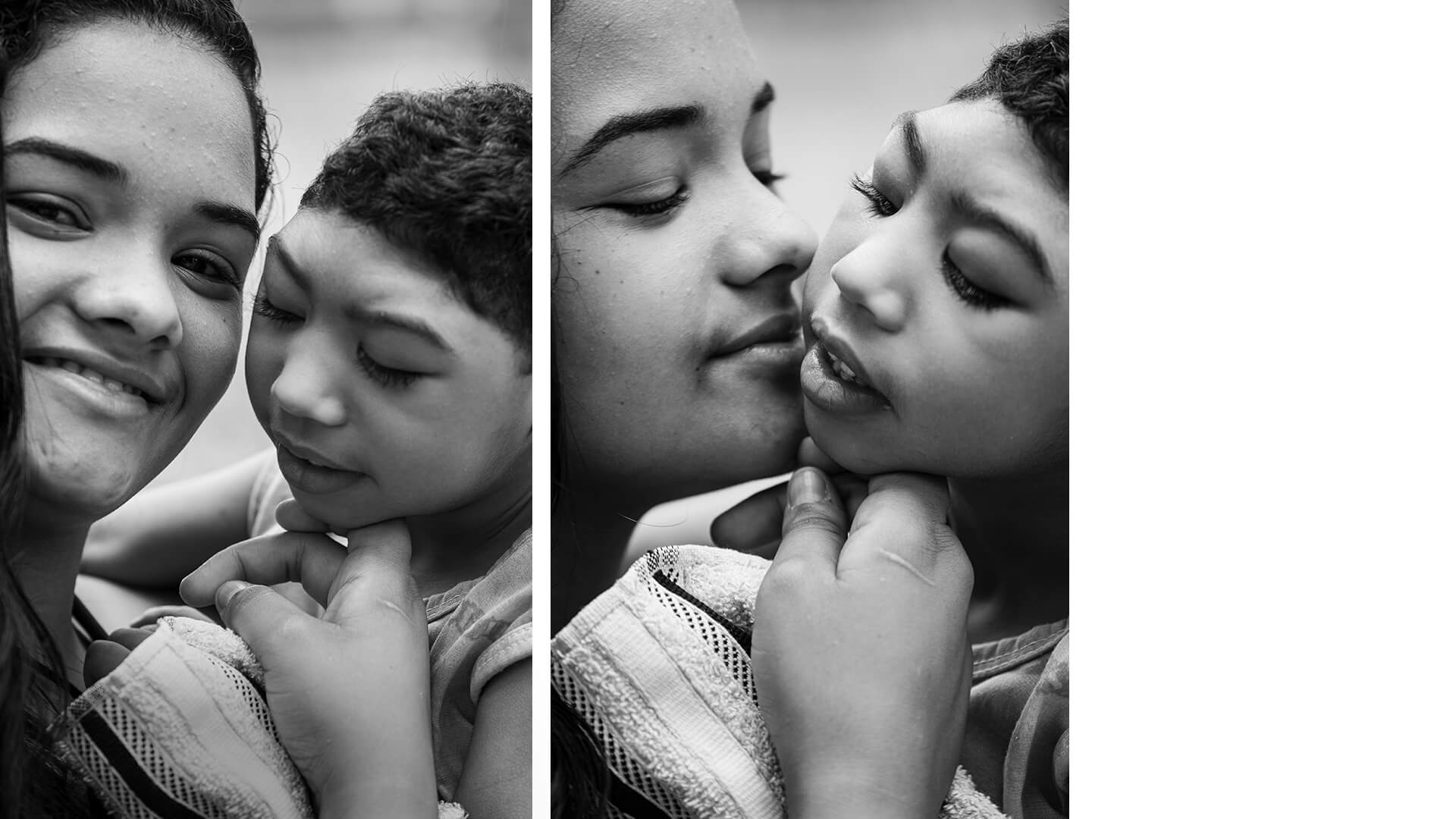

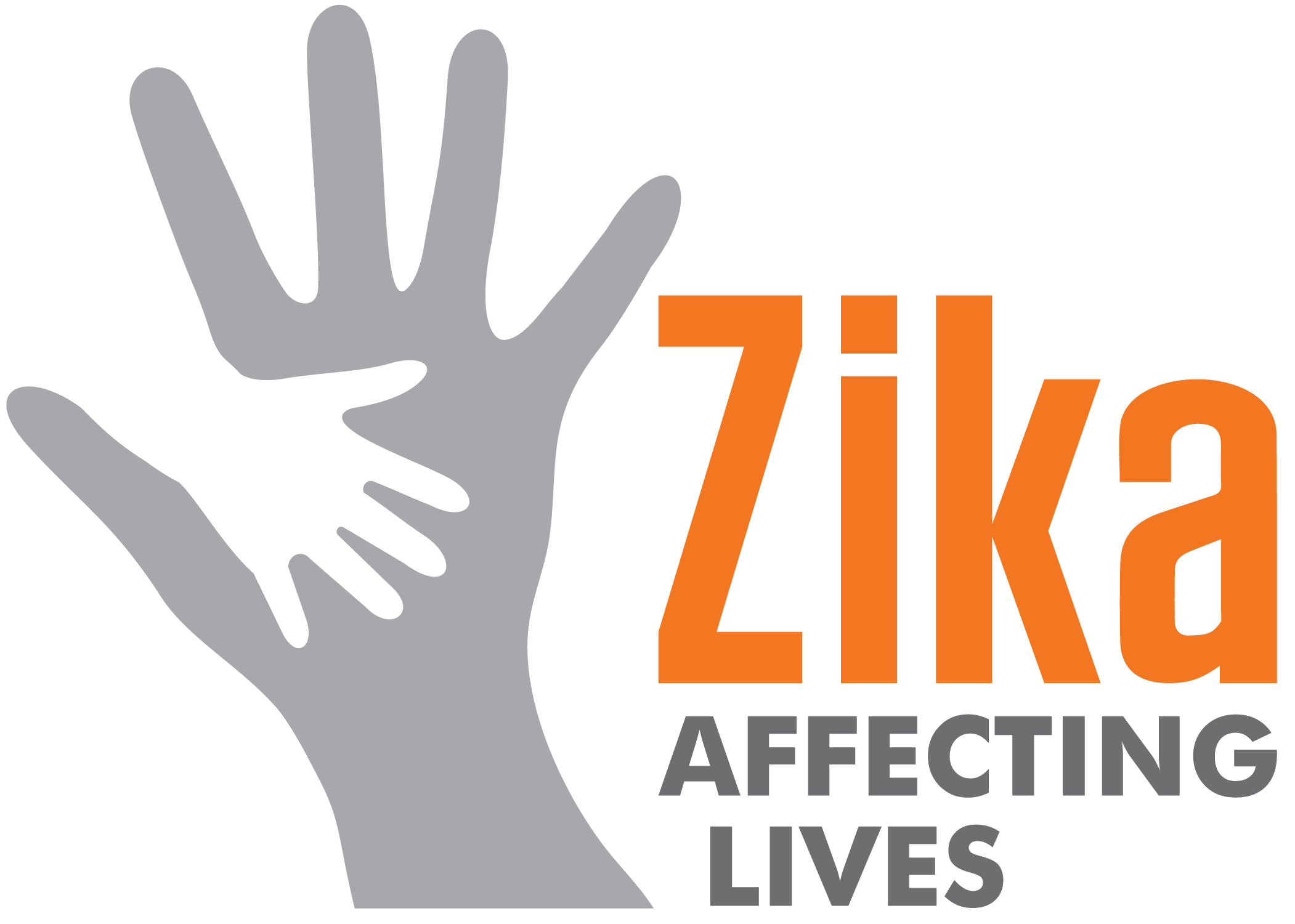
Photo: Maju Monteiro
The exhibition discloses how the responses to the Zika virus, and its implications were developed. It highlights the crucial role the Brazilian science, families and the Unified Health System (SUS, for its acronym in Portuguese) had in knowledge construction, healthcare, surveillance. The Brazilian experience resulted in international recognition of our ability to face new health emergencies and global challenges.
This story has not come to an end so far and is marked by uncertainty, togetherness and collective action. We invite you to learn more about it.
Fiocruz presents the exhibition
“Zika: affecting lives”
on its 120th anniversary.

The exhibition results from research and dialogue among researchers, health professionals, managers, and families. It stimulates involvement with the problems caused by the epidemic and encourage reflections regarding the lives of those affected by the Congenital Syndrome, which must not be made invisible or forgotten.
 Rede Zika Ciências Sociais
Rede Zika Ciências SociaisPhoto: Maju Monteiro
Rede Zika Ciências Sociais
Photo: Peter Ilicciev
This is what happened to caregivers, managers, families and researchers affected by Zika.
If today we understand more about its unexpected side, the Congenital Syndrome…
If we have increased our capacity to act…
It is because our lives have met andaffected each other.
It is necessary that we continue to affect, to be affected and, above all, to build affections...
To affect, be affected,
build affection…
Relationships built in life…
And in meetings which
can enhance the capacity to act…
 Rede Zika Ciências Sociais
Rede Zika Ciências SociaisPhoto: Maju Monteiro Rede Zika Ciências Sociais.
Photo: Peter Ilicciev Fiocruz Imagens
Photo: Rodrigo Méxas
This exhibition presents important knowledge production outcomes from different realms, including social movements.
It was conceived by a network of social science researchers and has as central reference the lives of people, especially the ones of affected women and children.
Affecting lives, which affect us and incite us to rethink the relationship between scientific knowledge, public policies and society.
Message of the President of Fiocruz
The structure and capillarity of the Unified Health Systems (SUS), which integrate these actions, enabled us to detect such a serious health problem and to design programs to increase knowledge of the disease and strategies to protect society.
Nísia Trindade Lima
By responding to the Zika epidemic and the Congenital Syndrome through research, innovation, production, teaching, health care and information along with the population, Fiocruz, in its 120th anniversary, reaffirms its commitment to science and public health.

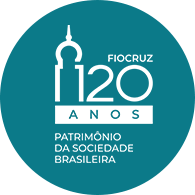
 Photo: Joelson Conceição Souza
Photo: Joelson Conceição SouzaFiocruz Imagens
Photo: Rodrigo Méxas
CREDITS
 MAIN PAGE
MAIN PAGE
AND EMERGENCIES ZIKA’ SUDDENNESS IN THE WORLD AND IN BRAZIL MOBILIZATION
AND RESPONSES WHAT STILL NEEDS
TO BE DONE?
